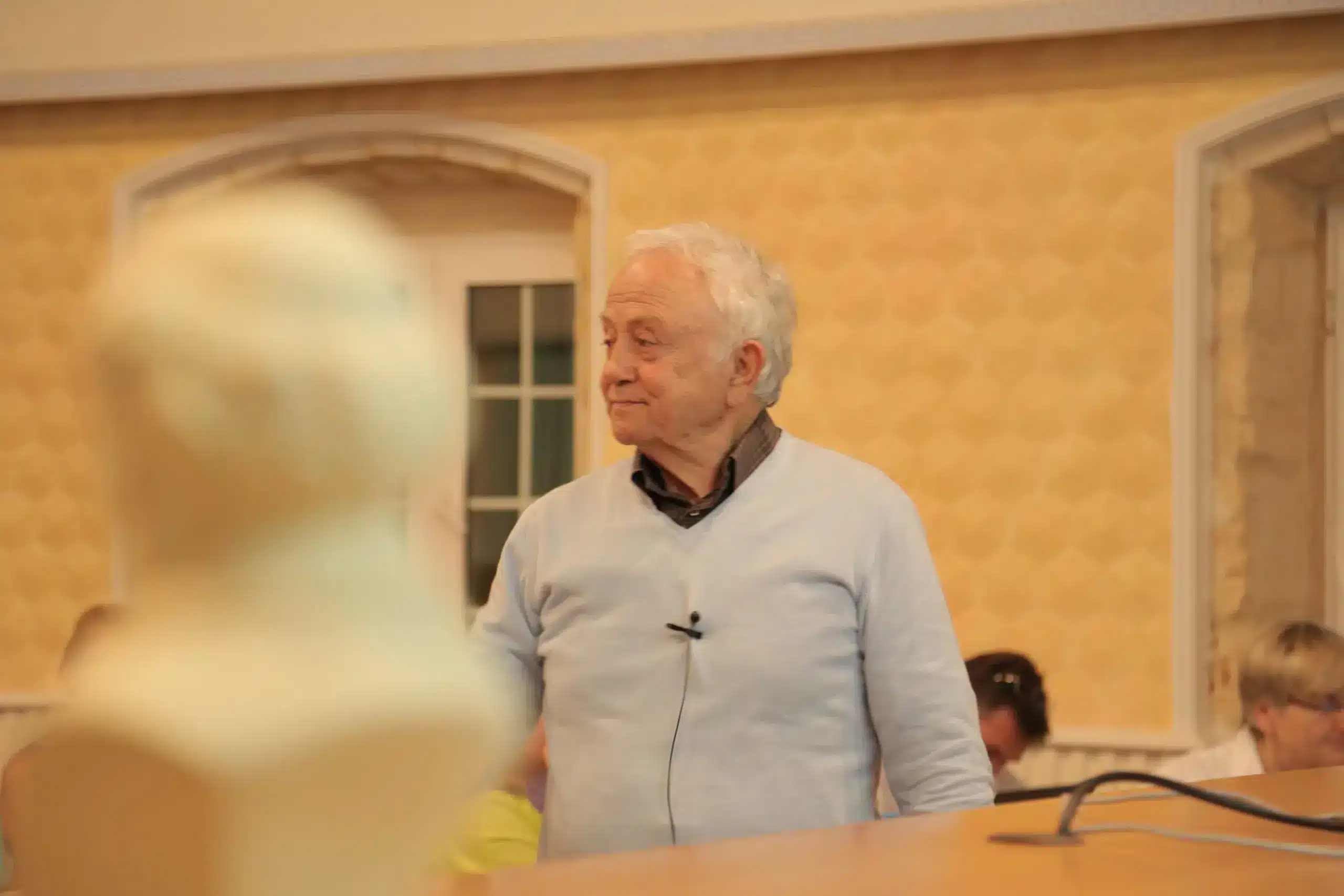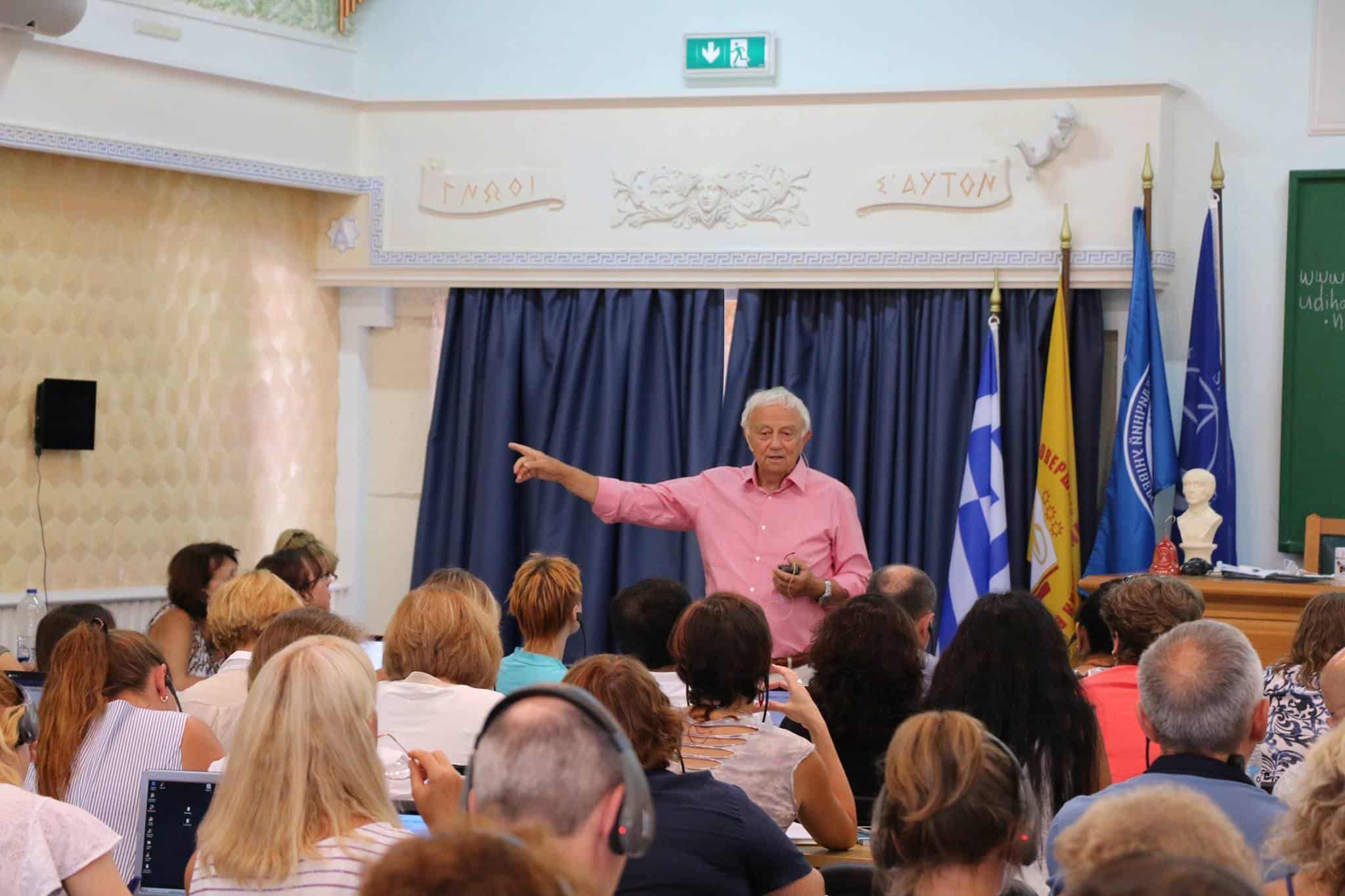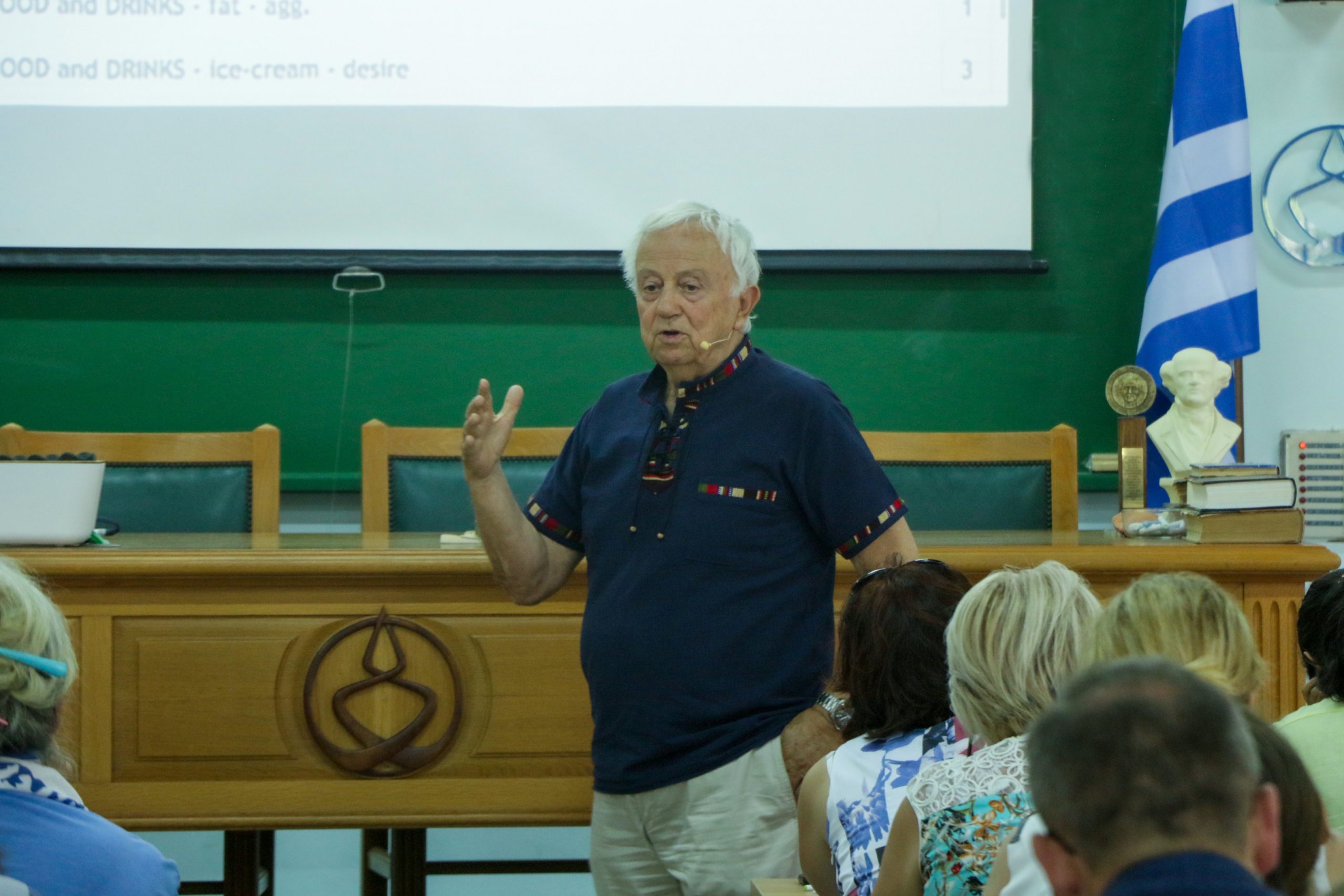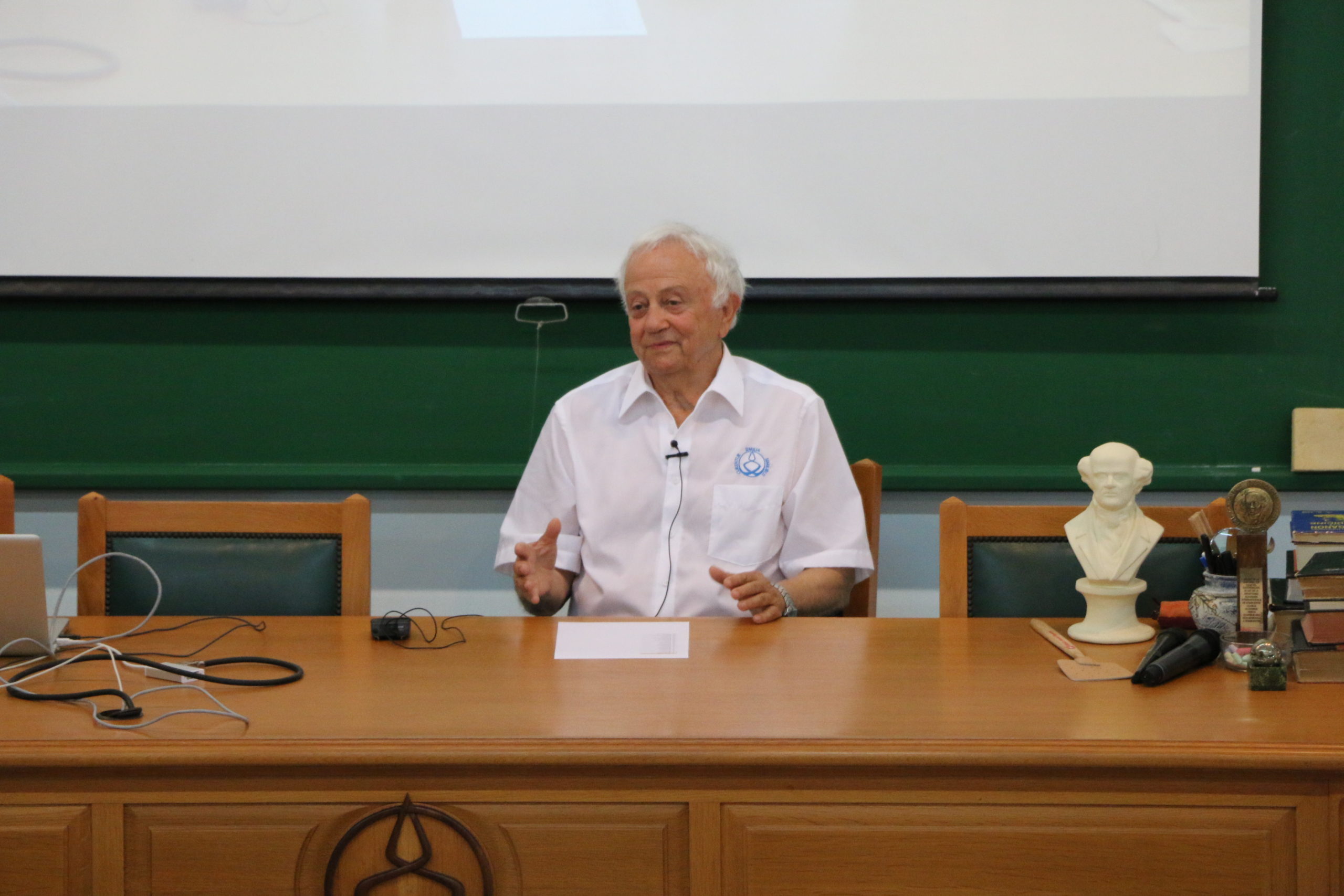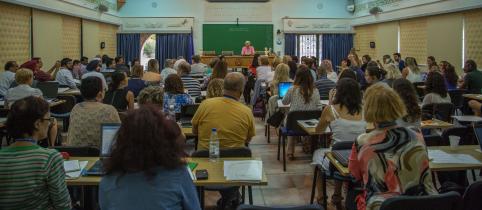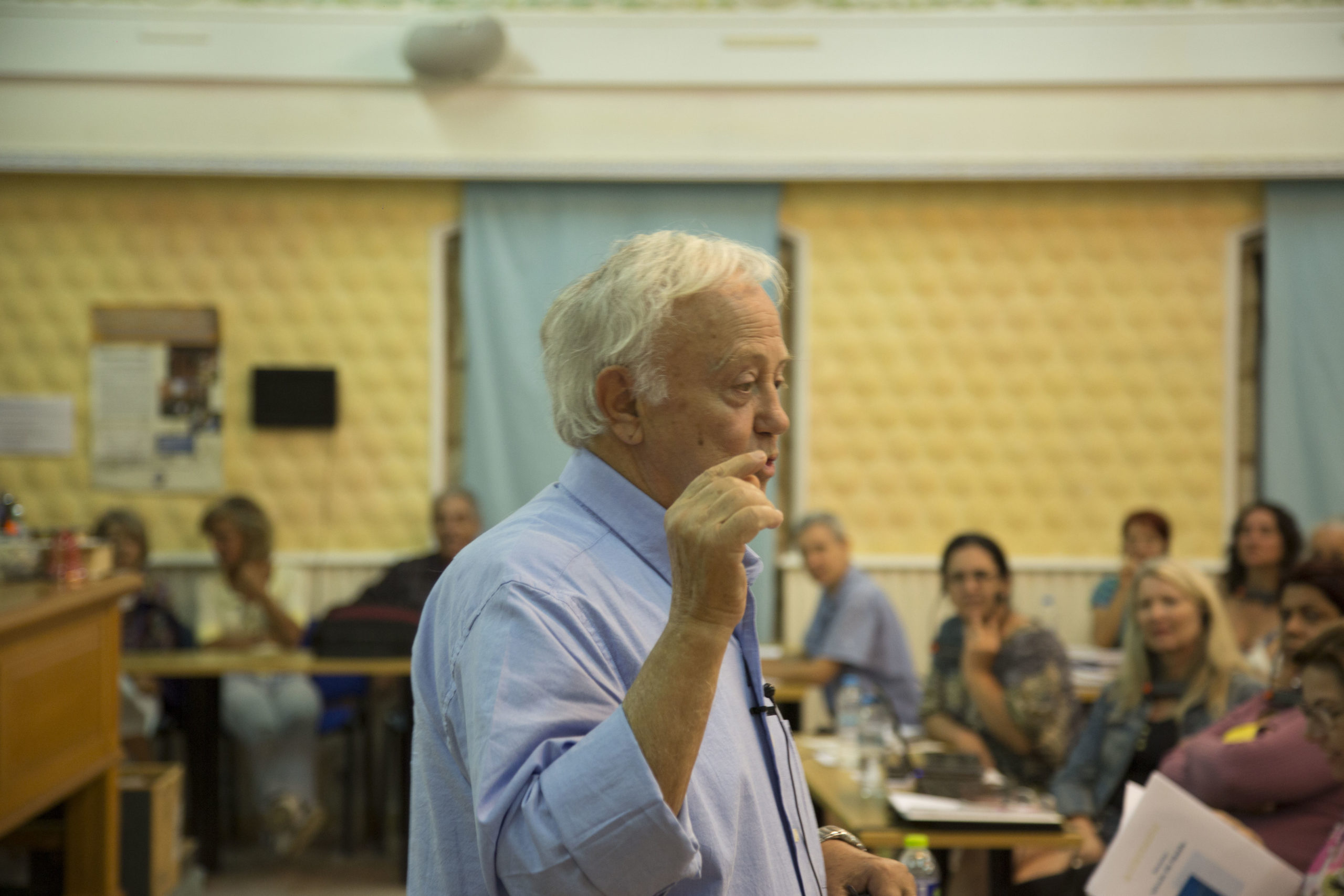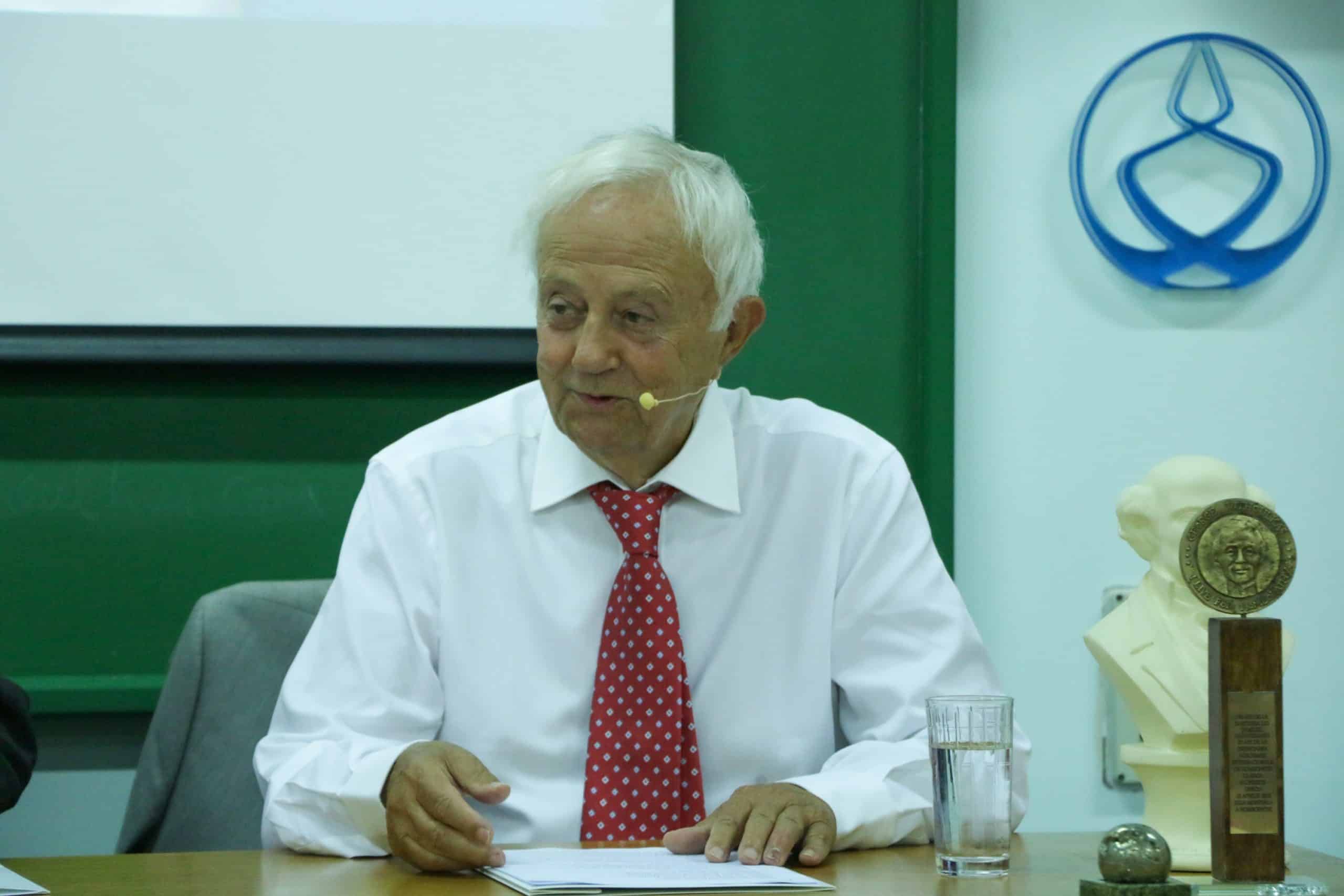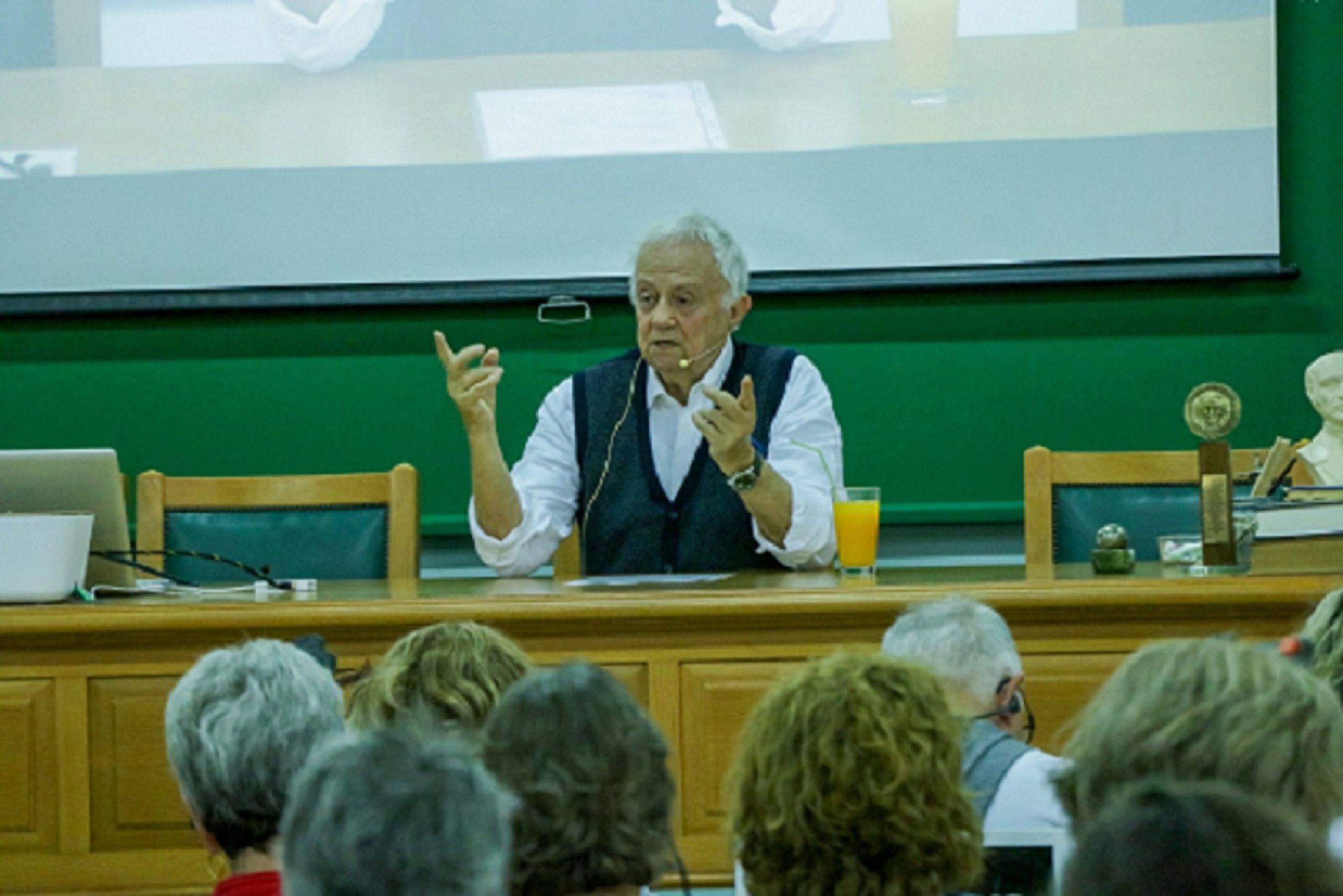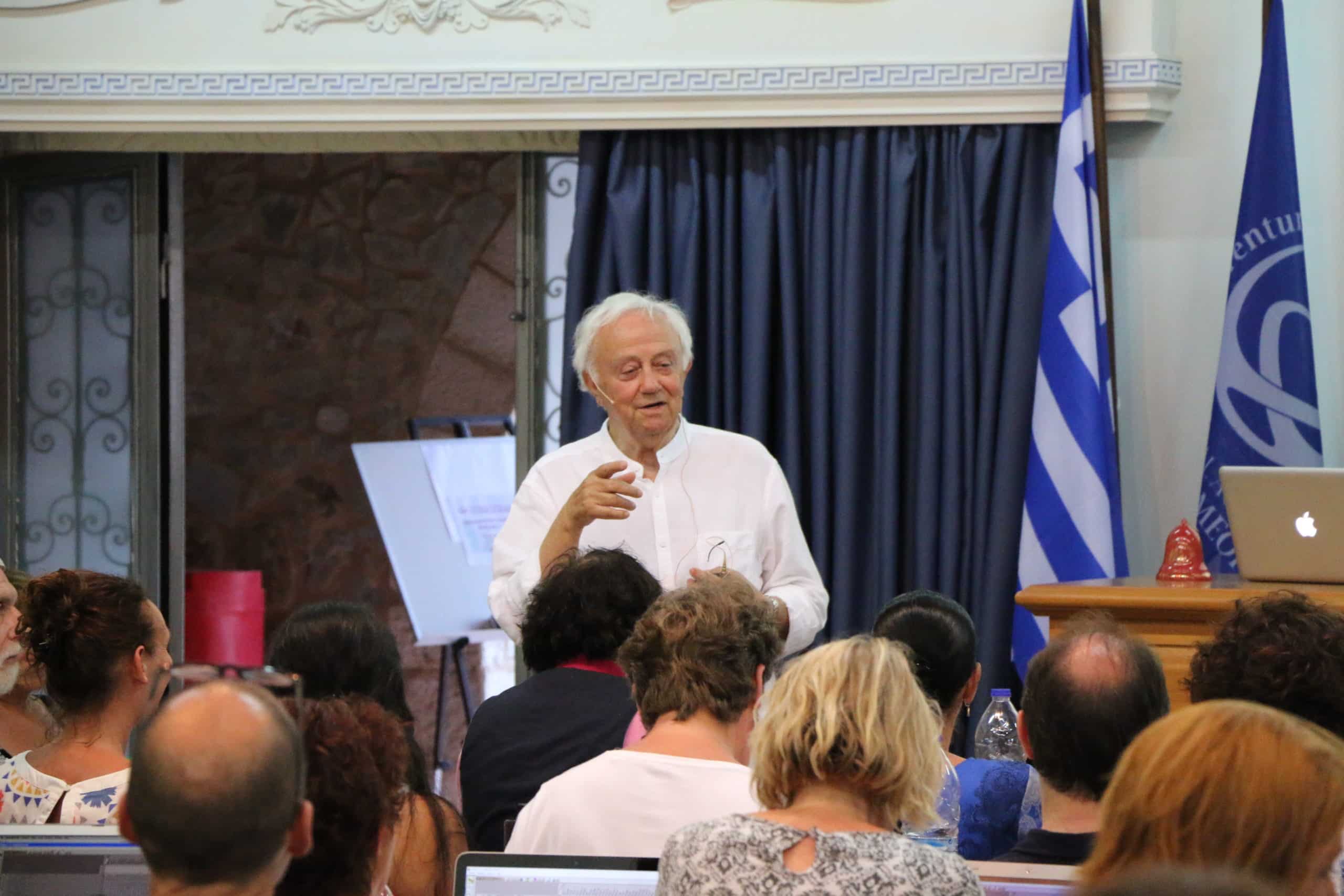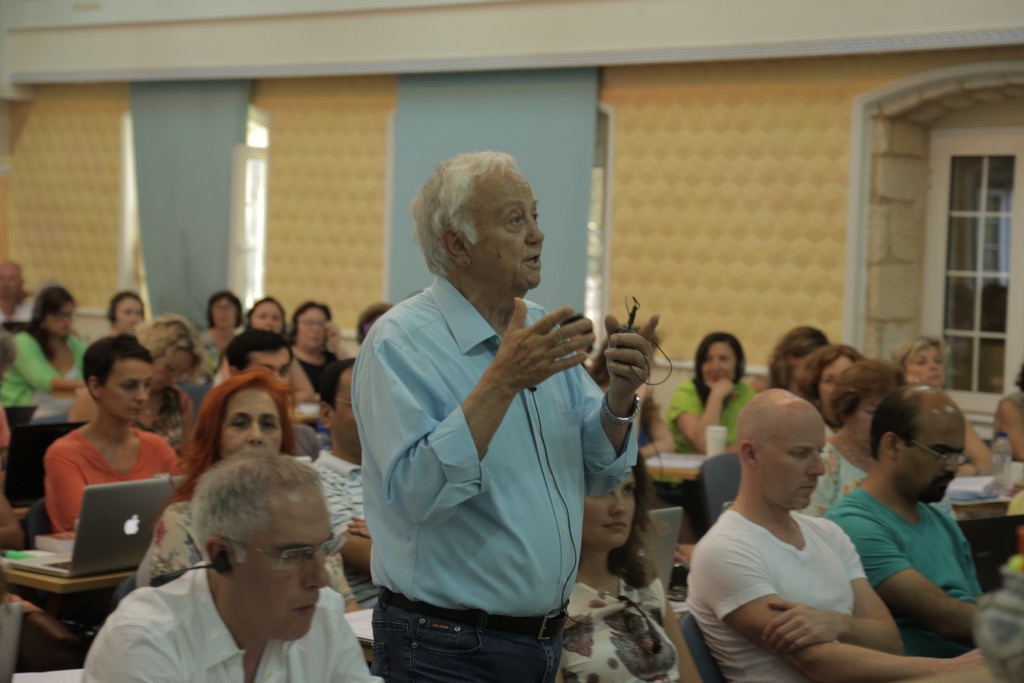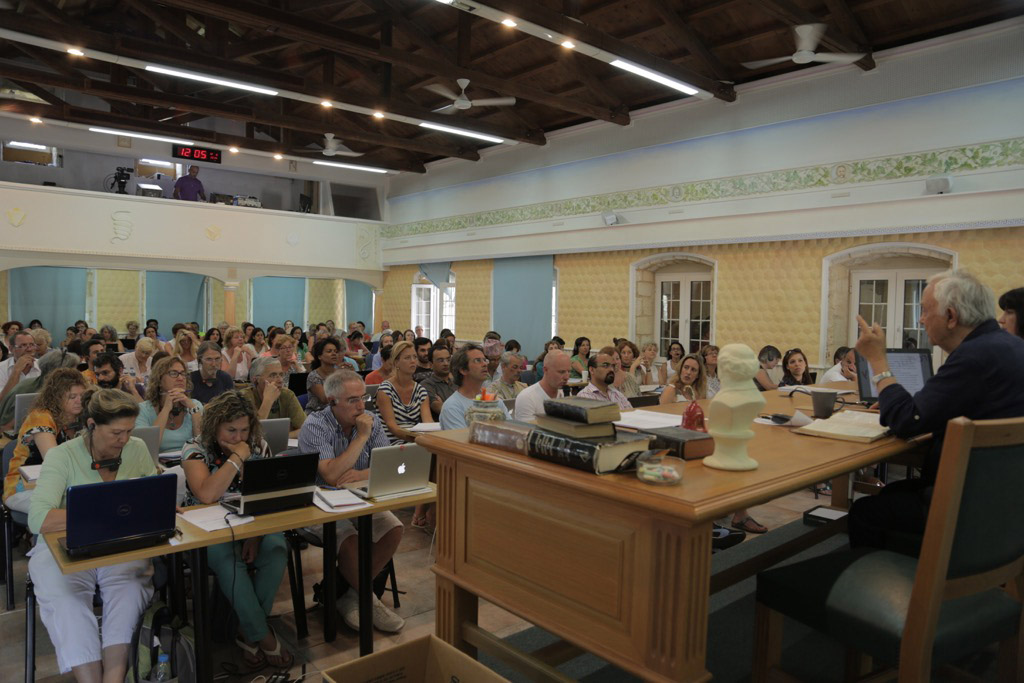Since its publication, the Munich headache study by Walach has been the subject of controversial discussion. In spite of this, even in homeopathic circles, Walach’s study is still regarded as a serious scientific trial with negative implications for classical homeopathy and has influenced all meta-analyses since published.
New Facts about the Munich Headache Study
by G. Vithoulkas and Hp. Seiler
Summary
Since its publication, the Munich headache study by Walach1 has been the subject of controversial discussion.2 In spite of this, even
in homeopathic circles, Walach’s study is still regarded as a serious scientific trial with negative implications for classical homeopathy and has influenced all meta-analyses since published. As a result, it ”damaged homeopathy more than anything else that had so far surfaced in medical journals“3 and has become a main pillar
of Walach’s interpretation of homeopathy as “non-causal” respectively “magical”,4 contradicting Hahnemann’s original principles.
This has recently prompted Seiler to carry out a detailed review of Walach’s study.5 This shows that Vithoulkas’ original criticism that the verum group was suffering from homeopathic aggravations can be proven to be correct. Walach’s data concerning the therapeutic reactions of verum and placebo have been interchanged for
the most part and are interpreted in a clinically inadequate manner; moreover, an essential error in randomization has been overlooked and the clinical parameters for migraine have been used inappropriately. The following text includes a review of the history and the most important critical aspects of the Munich study.
Keywords
Homeopathic headache-studies, double-blinded studies, interpretation
of homeopathy.

